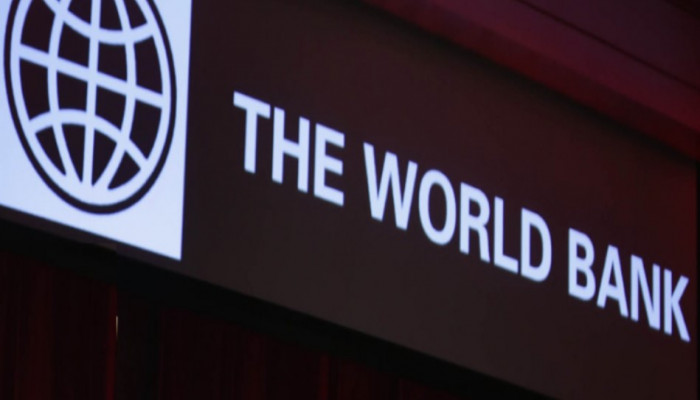World Bank greenlights $750 million to enhance renewable energy in Nigeria
- In Reports
- 01:31 PM, Dec 16, 2023
- Myind Staff
The World Bank has given approval for the Nigeria Distributed Access through Renewable Energy Scale-up project, aimed at extending access to clean energy to 17.5 million Nigerians. The project is set to receive funding through a $750 million International Development Association (IDA) credit, which will be supplemented by over $1 billion in private capital and substantial parallel financing from various development partners.
Among the contributors, the Global Energy Alliance for People and Planet will provide $100 million, while the Japan International Cooperation Agency (JICA) is set to contribute $200 million. The financing structure reflects a collaborative effort to address energy access challenges in Nigeria and underscores the commitment of multiple stakeholders to support sustainable and renewable energy initiatives in the country.
The World Bank announced that the Nigeria Distributed Access through Renewable Energy Scale-up (DARES) project has garnered support from various development partners. The United States Agency for International Development (USAID), the German Development Agency (GIZ), SEforAll, and the African Development Bank (AfDB) are among the collaborators on this initiative.
According to the World Bank's statement, the DARES project has a targeted goal of extending new or improved electricity access to over 17.5 million Nigerians through the implementation of distributed renewable energy solutions. The project aims to leverage innovative financing approaches to facilitate the expansion of private sector-led initiatives for clean electricity provision in Nigeria.
In 2021, more than 85 million Nigerians grappled with a lack of access to electricity, while those connected to the national grid experienced unreliable and inadequate power supply. This deficiency often led businesses and households to resort to costly and environmentally damaging power sources such as petrol and diesel-run generators.
In an effort to bridge the access gap, the DARES initiative will build upon the accomplishments of the World Bank-financed Nigeria Electrification Project (NEP). The NEP has already made significant strides by supporting the establishment of 125 mini-grids and facilitating the sale of over a million Solar Home Systems. Consequently, this has enabled more than 5.5 million Nigerians to gain access to electricity, addressing the pressing need for reliable and sustainable energy sources in the country.
The Nigeria Electrification Project (NEP) has generated over 5,000 local green jobs in Nigeria. The newly approved DARES program, backed by the World Bank, aims to centralize and finance off-grid electrification efforts, assisting states in developing institutional capacity and policy frameworks for rooftop solar.
The initiative prioritizes gender and inclusion by building on NEP's actions to facilitate electricity access for disadvantaged female-headed households and women-led MSMEs. Additionally, it focuses on increasing women's employment in the energy sector. The World Bank is committed to expanding clean energy access in Nigeria with a $750 million investment.
Nigeria's Minister of Power, Chief Adebayo Adebalu, expresses excitement about contributing to the revolutionary DARES program. He highlights the initiative's use of innovative financial instruments to unlock the off-grid sector's potential, fostering clean energy solutions and empowerment for unserved communities.
Image source: Reuters







Comments